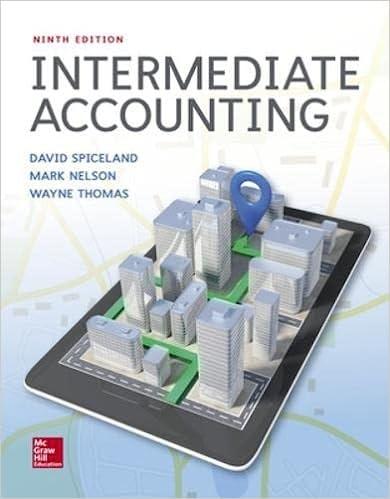The cloudy afternoon mirrored the mood of the conference of division managers. Claude Meyer, assistant to the
Question:
The numbers he discussed with himself were fourth quarter losses which more than offset the profits of the first three quarters. Everyone had known for some time that poor sales forecasts and production delays had wreaked havoc on the bottom line, but most were caught off guard by the severity of damage.
Later that night he sat alone in his office, scanning and rescanning the preliminary financial statements on his computer monitor. Suddenly his mood brightened. “This may work,” he said aloud, though no one could hear. Fifteen minutes later he congratulated himself, “Yes!”
The next day he eagerly explained his plan to Susan Barr, controller of Hunt for the last six years. The plan involved $300 million in convertible bonds issued three years earlier.
Meyer: By swapping stock for the bonds, we can eliminate a substantial liability from the balance sheet, wipe out most of our interest expense, and reduce our loss. In fact, the book value of the bonds is significantly more than the market value of the stock we'd issue. I think we can produce a profit.
Barr: But Claude, our bondholders are not inclined to convert the bonds.
Meyer: Right. But, the bonds are callable. As of this year, we can call the bonds at a call premium of 1%. Given the choice of accepting that redemption price or converting to stock, they'll all convert. We won't have to pay a cent. And, since no cash will be paid, we won't pay taxes either.
Required:
Do you perceive an ethical dilemma? What would be the impact of following up on Claude's plan? Who would benefit? Who would be injured?
Financial Statements
Financial statements are the standardized formats to present the financial information related to a business or an organization for its users. Financial statements contain the historical information as well as current period’s financial...
Fantastic news! We've Found the answer you've been seeking!
Step by Step Answer:
Related Book For 

Intermediate Accounting
ISBN: 9781259722660
9th Edition
Authors: J. David Spiceland, James Sepe, Mark Nelson, Wayne Thomas
Question Posted:





